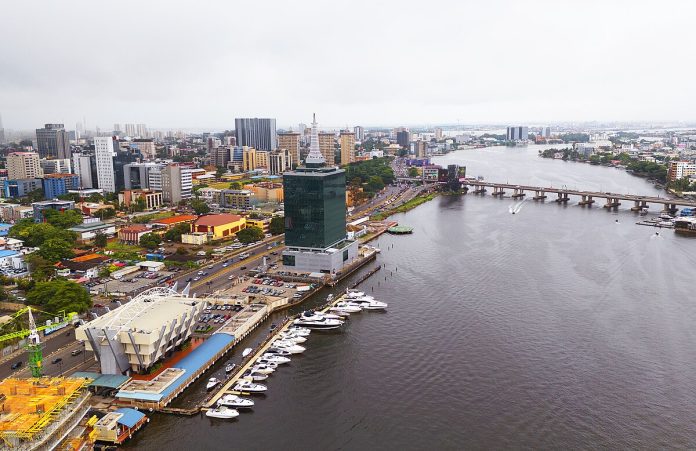
Nigeria’s gross domestic product (GDP) per capita dropped by 66 percent in 2024, pushing over 65 million people into poverty, according to a new report by Quartus Economics.
The report, titled “Forty Years of Structural Adjustment: Is Africa’s Eagle Stuck or Soaring Back to Life?”, examined Nigeria’s economic trajectory since the introduction of the Structural Adjustment Programme (SAP) in 1986, a policy aimed at reducing government control and promoting a market-oriented economy.
Quartus noted that while these reforms helped GDP grow from $87.5 billion in 1990 to $252 billion in 2024, the overall economic structure “remained fragile,” with the naira losing 99.7 percent of its value during the same period.
The report highlighted that liberalisation, privatisation, and banking reforms in the early years boosted private investment and manufacturing. However, policy reversals and weak implementation eroded much of the progress achieved.
“Policy inconsistencies and weak implementation led to a recurring cycle of mixed results and missed opportunities,” the report stated. “As a result, the goal of inclusive, export-led growth has remained elusive. Over time, the structural imbalance between population growth and productivity widened sharply.”
By 2024, Nigeria’s per capita GDP had fallen by two-thirds from its 2014 peak, worsening poverty levels and exposing the economy’s vulnerability.
Quartus further explained that between 2014 and 2023, Nigeria experienced its worst growth slowdown in a generation, driven by the collapse of oil prices, population pressures, restrictive fiscal and monetary policies, and governance lapses. Inflation soared above 30 percent, capital inflows declined, and economic stagnation persisted.
However, the report praised the 2023–2024 reforms, including the removal of petrol and foreign exchange subsidies, as “decisive measures” that began correcting structural distortions in the economy.
Although these policies initially worsened inflation, Quartus said they helped restore fiscal stability and market confidence. By late 2024, GDP growth rebounded to nearly 4 percent, manufacturing and mining sectors showed renewed strength, and economic expansion once again outpaced population growth.
By October 2025, foreign reserves had increased to $42 billion, and inflation began to ease slightly, signalling what the firm called “a slow but genuine restoration of confidence.”
Despite these improvements, Quartus warned that “the scars of Nigeria’s lost decade linger.” Per capita income remains far below pre-crisis levels, and the country’s export base and governance systems continue to exhibit deep inefficiencies.
The firm concluded that for Nigeria to sustain recovery and truly “soar,” it must move beyond short-term stabilisation toward deep structural transformation, prioritising productivity, innovation, and responsible governance.
“At the moment, Nigeria, the African eagle, is unstuck, yet it has not started to soar,” Quartus said. “The recovery is real, but lasting transformation will depend on discipline, continuity, and collective commitment to reform.”



